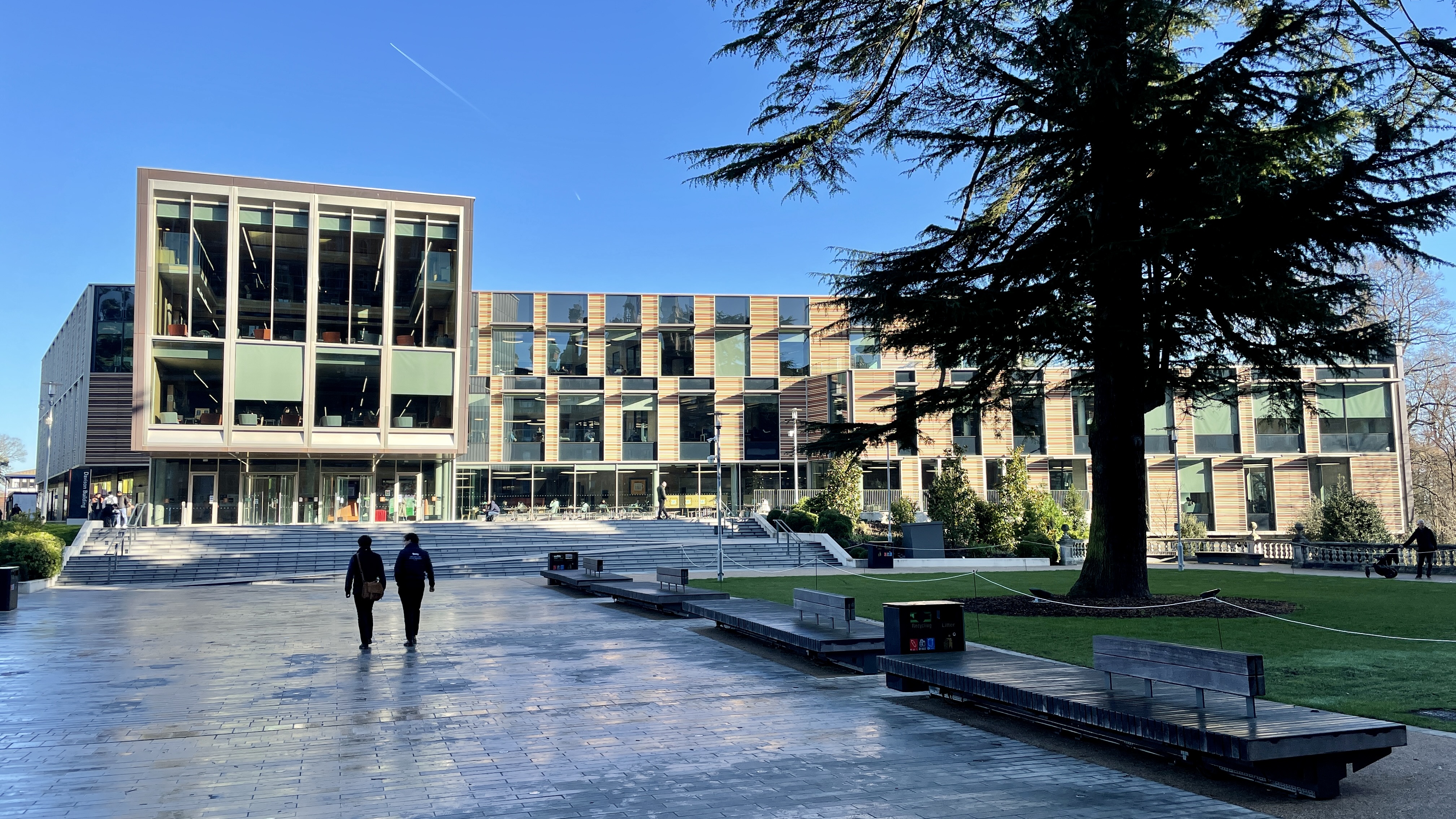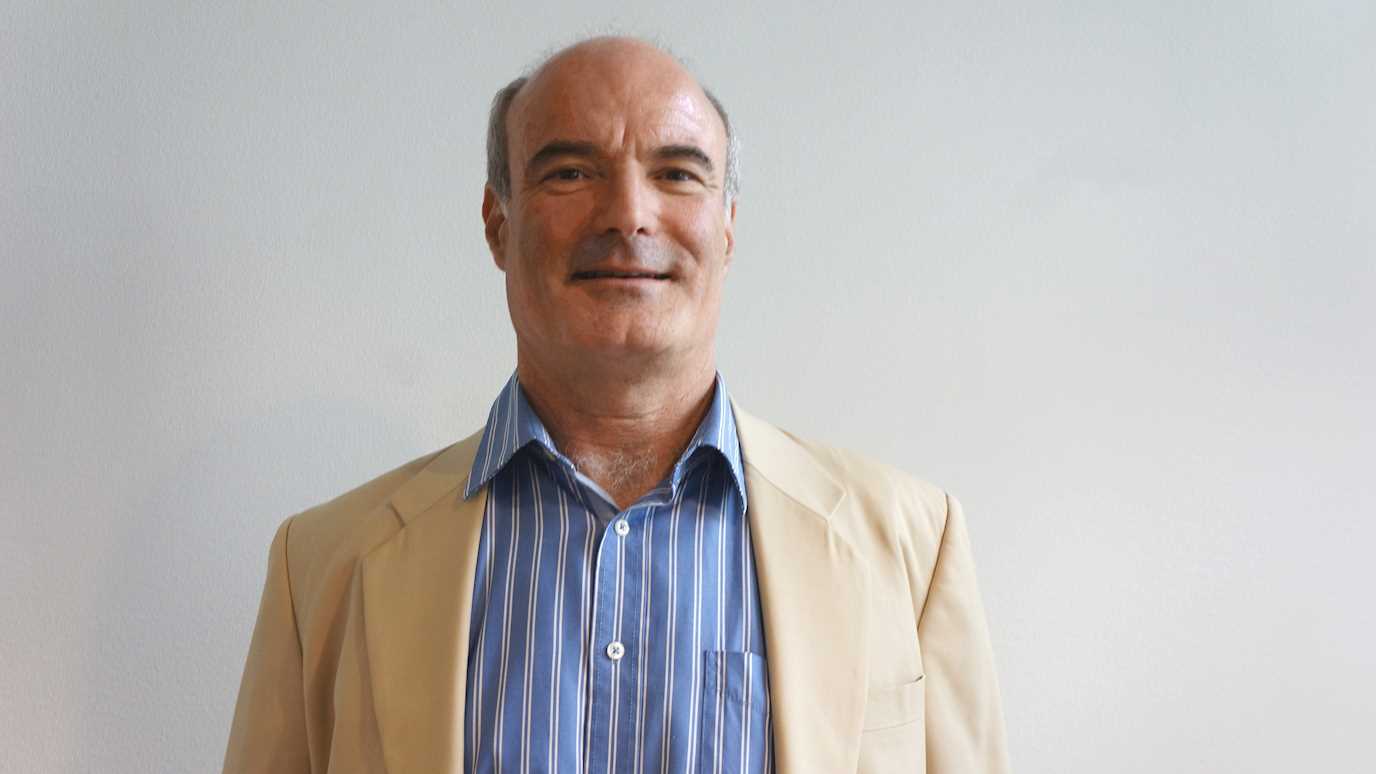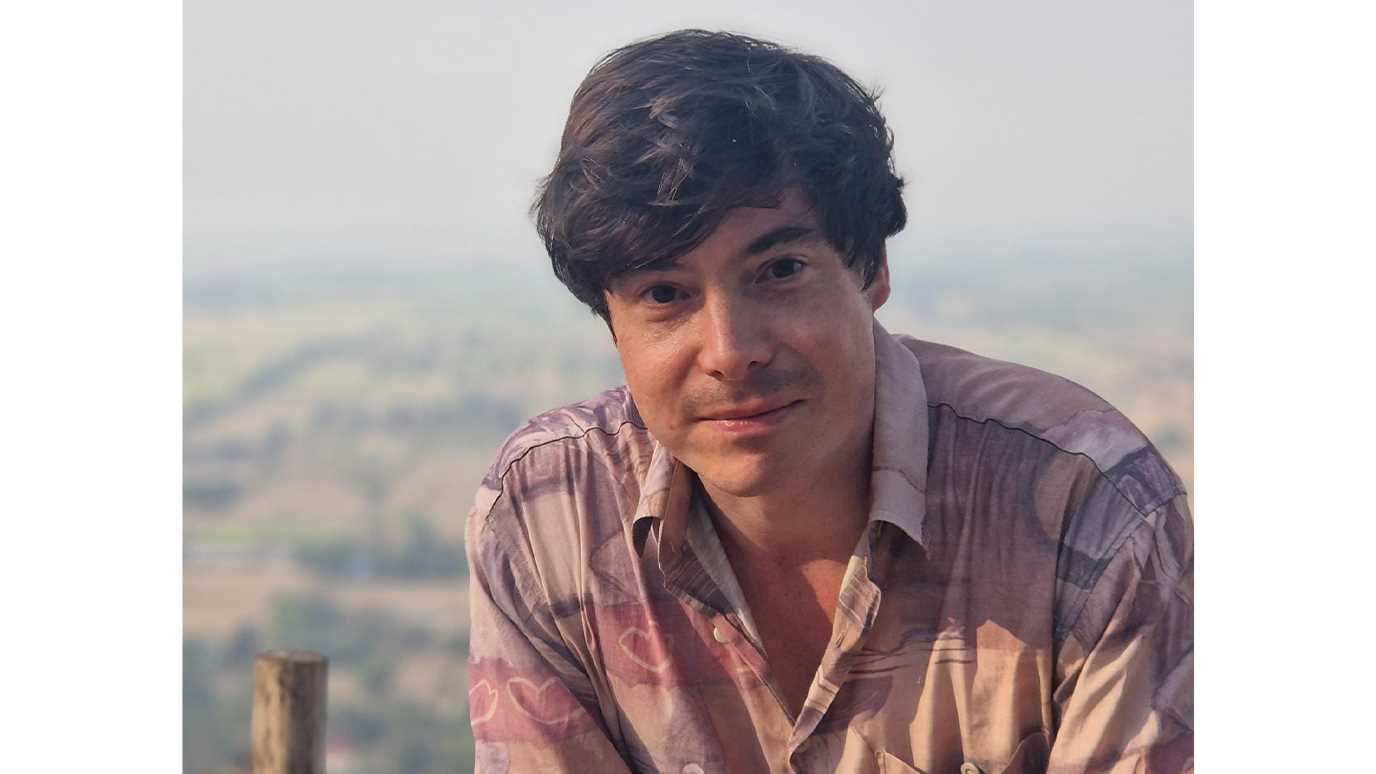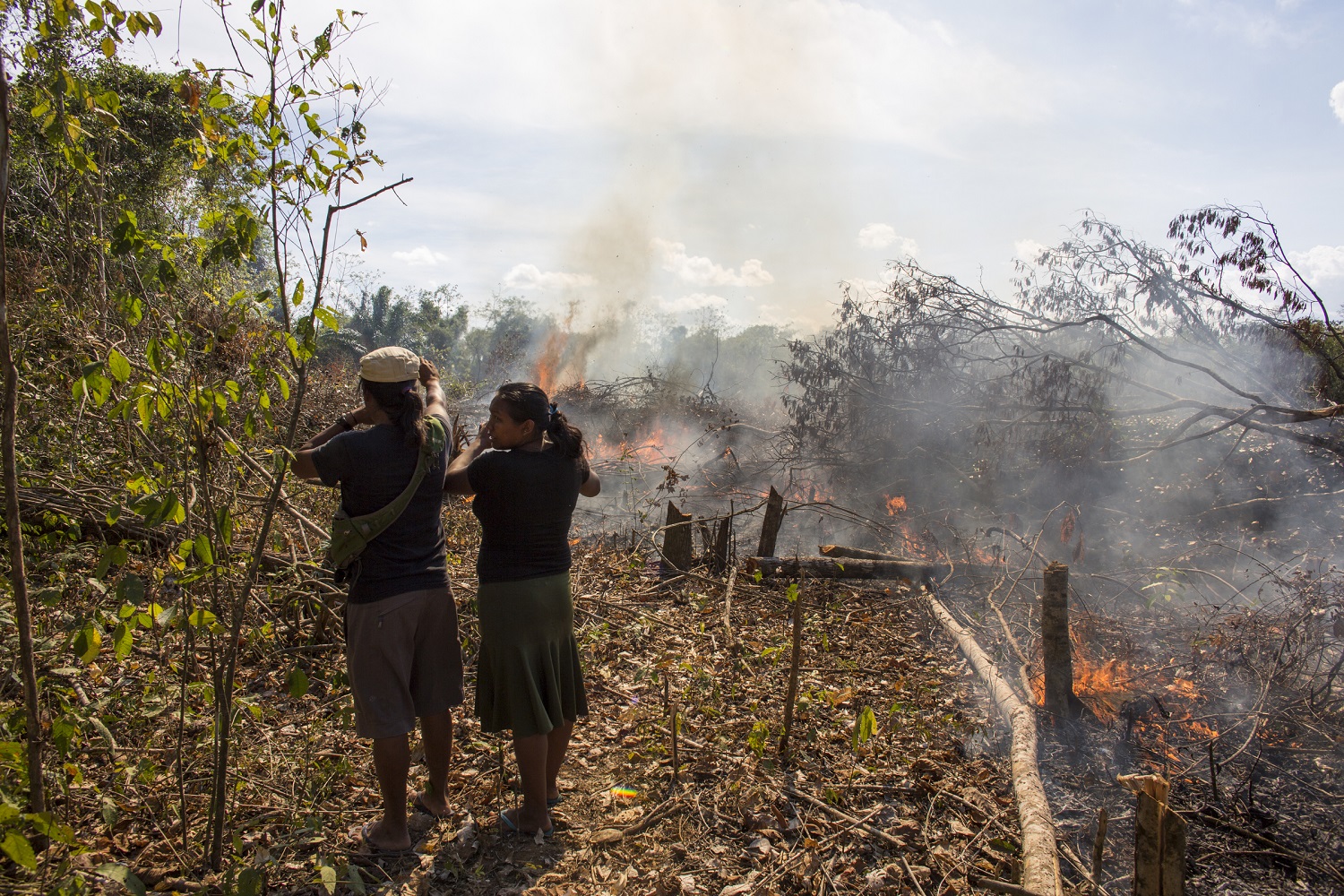The department of Geography, Royal Holloway, University of London, offer new three year fully funded PhD. Applications are invited for the PhD working on Indigenous fire management within protected areas in Guyana.
The studentship will be supervised by Professor Jay Mistry, Co-Director of the Leverhulme Centre for Wildfires, Environment and Society and Dr Daniele Colombaroli, both in the Department of Geography. The PhD will also be supported by Professor Martin Wooster, Co-Director of the Leverhulme Centre for Wildfires, Environment and Society based in the Department of Geography, Kings College London and Ms Odacy Davis, Deputy Commissioner of the Protected Areas Commission, Guyana.
It will be funded at £17,009 stipend per annum including London allowance (rising in line with annual increments) with fees (either Overseas or HEU as appropriate) paid for three years. There will be support funding for fieldwork and conference attendance. The studentship is available from September 2019.
The Studentship:
Recent studies show that Indigenous peoples manage or have tenure rights over a quarter of the world’s land surface, which intersects with over 40% of all terrestrial protected areas and ecologically intact landscapes. Understanding Indigenous land management practices, such as fire, therefore, are becoming increasing important in a context of changing climate, loss of traditional knowledge, and calls for extending protected areas across the globe. This project will investigate changing fire management practices of the Indigenous people living in and around the Kanuku Mountains Protected Area in southern Guyana. In particular, it will look at the fire calendar; the different months and seasons of fire, and how these relate to current cultural practices and the impacts of the fires on biodiversity. The project will involve a mixture of data collection techniques including participatory methods, interviews, ecological surveys and remote sensing.
The student will be part of the Department of Geography’s Geopolitics, Development, Security and Justice (GDSJ) Research Group. The GDSJ group works on issues of mobility, security, governance, justice and rights across political, development, environmental and social geography, both in and across the Global North and Global South including the UK and Overseas Territories, the Arctic and Antarctica, South and Southeast Asia, and Latin America.
As well as working with GDSJ, the student will be supported by scholars working in the new Leverhulme Centre for Wildfires, Environment and Society established in 2019. The Centre is comprised of social and natural scientists from Imperial College, Kings College, Royal Holloway and University of Reading, working together to create a new, integrative science of wildfire. The aim of the Centre is: to understand what factors govern wildfire regimes, including the sources, frequency, intensity, timing, and spatial pattern of fire; develop ways of predicting fire risks that include new biophysical understanding and account more reflexively for human-environment dynamics; quantify the impacts of fire on natural processes and human systems, including assessing their economic consequences and wider cultural meanings; and develop ideas for living with fire. The student will therefore join a vibrant interdisciplinary research community with a joint vision of producing evidence-based understanding of the human-fire nexus that can help inform policy and practice.
The supervisors:
Prof Mistry’s research lies in environmental management and governance. The central concept running through her work is that environmental management and governance should not be top-down implementation of external expertise, but must involve active local participation building upon local and Indigenous knowledges and practices. Her work converges environmental and social science methods, within a framework of participatory action research using participatory methods. She has long-term research experience of fire management and collaborations with Indigenous communities in Guyana, Brazil and Venezuela.
Dr Daniele Colombaroli’s research interests are in biogeography, fire ecology and long-term ecology, including tropical palaeoecology and dendroecology. His research projects have examined species and community responses to climate variability, the role of fire in the Anthropocene, and the origin of "iconic" cultural landscapes. His work is oriented towards the applications of long-term ecological data for forest management and biodiversity conservation.
Prof Wooster works on remote sensing/Earth observation of the land and atmosphere, and a key focus is on biomass burning where work within the King’s “Wildfire Research Team” extends beyond satellite data analysis into airborne, field- and laboratory-based studies. Beyond ‘pure’ research, Professor Wooster’s team has also led the development of a series of operational landscape fire information products based on real-time satellite data feeds from EUMETSAT and ESA satellites that provide actionable information to fire managers and other decision makers. This PhD will link to parallel work being conducted on fire emissions characterisation in different environments.
Ms Odacy Davis is Deputy Commissioner of the Protected Areas Commission (PAC), Guyana. Her interests are in conservation, sustainable livelihoods and working with a range of stakeholders, particularly the Indigenous communities living in and around protected areas, to better manage natural resources and dependent communities. She has long-term experience in collaborative research and will help facilitate work in the Kanuku Mountains Protected Area and its associated Indigenous communities.
How to apply:
The applicant will have a good undergraduate degree in geography, environmental sciences or an allied field. They will either have, or be working towards, a masters or equivalent in a relevant field. They will have experience of working in Guyana and/or in South America. They will have experience of writing to high standards, and a willingness to work in interdisciplinary teams.
Applicants should submit:
i) A CV (max 2 A4 sides), including details of two academic references;
ii) A cover letter outlining their qualifications and interest in the studentship (max 2 A4 sides);
iii) A sample of written work up to 2000 words.
These should be sent by email to j.mistry@rhul.ac.uk by 28/05/2019. Interviews will take place in June.
For further information on the project, please contact Jay Mistry (j.mistry@rhul.ac.uk) and Daniele Colombaroli (Daniele.Colombaroli@rhul.ac.uk)
























